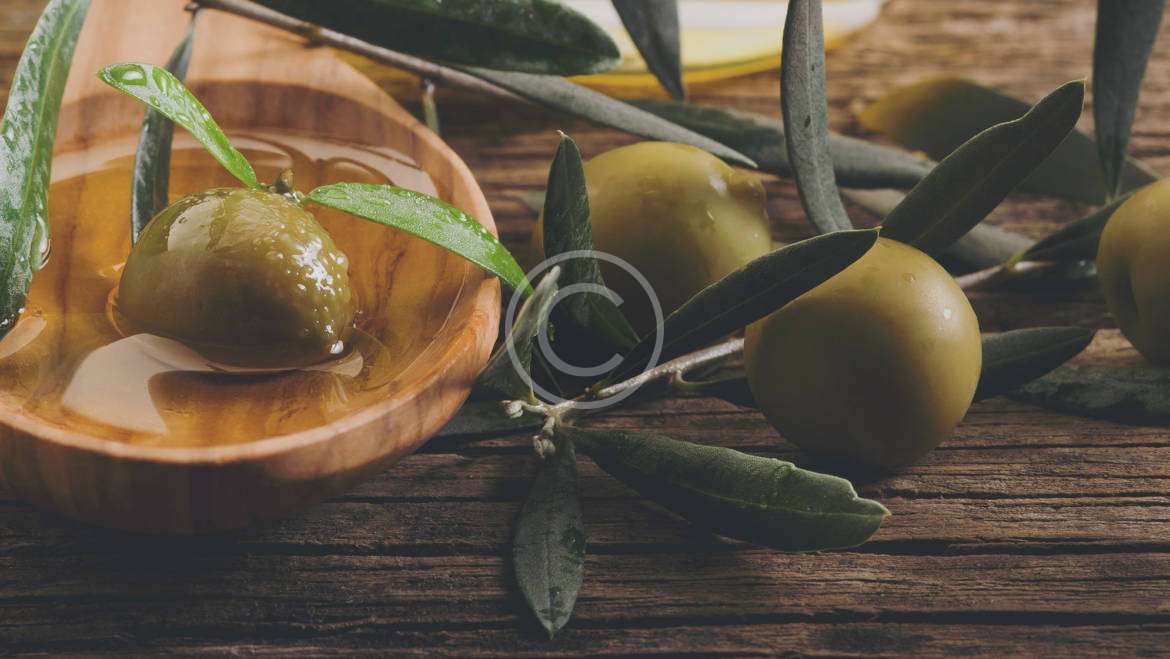When it comes to maintaining optimal health, managing cholesterol levels is crucial. Fortunately, Italian olive oil, particularly the high polyphenol variety, like “Coratina” monocultivar offers significant benefits in reducing cholesterol levels. In this article, we will explore the remarkable effects of Italian olive oil on cholesterol and its importance in promoting cardiovascular well-being. By incorporating this heart-healthy oil into your diet, you can take proactive steps towards maintaining healthy cholesterol levels.
Understanding Cholesterol: Cholesterol is a waxy substance found in the body that plays a vital role in various bodily functions. However, elevated levels of low-density lipoprotein (LDL) cholesterol, commonly referred to as “bad” cholesterol, can lead to the buildup of plaque in the arteries, increasing the risk of heart disease. On the other hand, high-density lipoprotein (HDL) cholesterol, often known as “good” cholesterol, helps remove LDL cholesterol from the bloodstream, protecting against heart disease .
The Role of Italian Olive Oil in Reducing Cholesterol Levels: Italian olive oil, particularly the high polyphenol variety, has been extensively studied for its beneficial effects on cholesterol levels. Polyphenols are natural compounds found in plants that act as antioxidants, protecting the body from oxidative stress and inflammation. Numerous studies have shown that the polyphenols in olive oil can help reduce LDL cholesterol levels while increasing HDL cholesterol levels, thereby improving the overall cholesterol profile.
One study published in the Journal of Nutrition demonstrated that consuming olive oil rich in polyphenols led to a significant reduction in LDL cholesterol levels compared to those who consumed olive oil with lower polyphenol content. These findings highlight the importance of selecting high-quality Italian olive oil with high polyphenol levels to maximize its cholesterol-lowering benefits.
The Mechanisms Behind Olive Oil’s Cholesterol-Lowering Effects: The beneficial effects of Italian olive oil on cholesterol levels can be attributed to several factors:
- Monounsaturated Fats: Olive oil is predominantly composed of monounsaturated fats, which have been shown to reduce LDL cholesterol levels. These healthy fats can replace saturated and trans fats in the diet, leading to improvements in cholesterol profiles .
- Polyphenols: The polyphenols present in Italian olive oil play a crucial role in reducing LDL cholesterol oxidation, which is a key step in the formation of plaque in the arteries. By preventing oxidation, these antioxidants help maintain healthy blood vessels and reduce the risk of heart disease [source].
- Anti-Inflammatory Properties: Chronic inflammation contributes to the development of heart disease. The polyphenols in olive oil have anti-inflammatory properties that can help reduce inflammation within the arteries and support cardiovascular health .
Incorporating Italian Olive Oil into Your Diet: To harness the cholesterol-lowering benefits of Italian olive oil, consider the following tips:
- Choose Extra Virgin Olive Oil: Extra virgin olive oil is the least processed and retains the highest levels of polyphenols. Look for reputable brands that provide certified extra virgin olive oil to ensure quality and authenticity.
- Use Olive Oil in Cooking: Replace other cooking oils and fats with olive oil in your recipes. It can be used for sautéing, baking, and roasting, adding flavor and health benefits to your meals.
- Drizzle Over Salads and Vegetables: Enjoy the distinct flavor of Italian olive oil by using it as a dressing for salads or a finishing touch on cooked vegetables. This preserves the polyphenols and ensures you get the maximum benefits.
Italian olive oil with high polyphenol content is a valuable addition to a heart-healthy diet. Its cholesterol-lowering effects, coupled with its antioxidant and anti-inflammatory properties, make it an excellent choice for promoting cardiovascular well-being. By incorporating this high-quality olive oil into your daily routine, you can take proactive steps towards maintaining healthy cholesterol levels and supporting overall heart health. Remember to consult with your healthcare provider for personalized dietary recommendations and guidance.

